Honestly, how many times in a year do you visit your dentist?
Do you really care about your oral care and are you sure what you’re doing is right?
Some of you may think that you’ve been brushing your teeth correctly all these years, but has it ever occurred to you that what you thought you’ve been doing right might just be a myth?
Here are five myths about oral care that are wrong: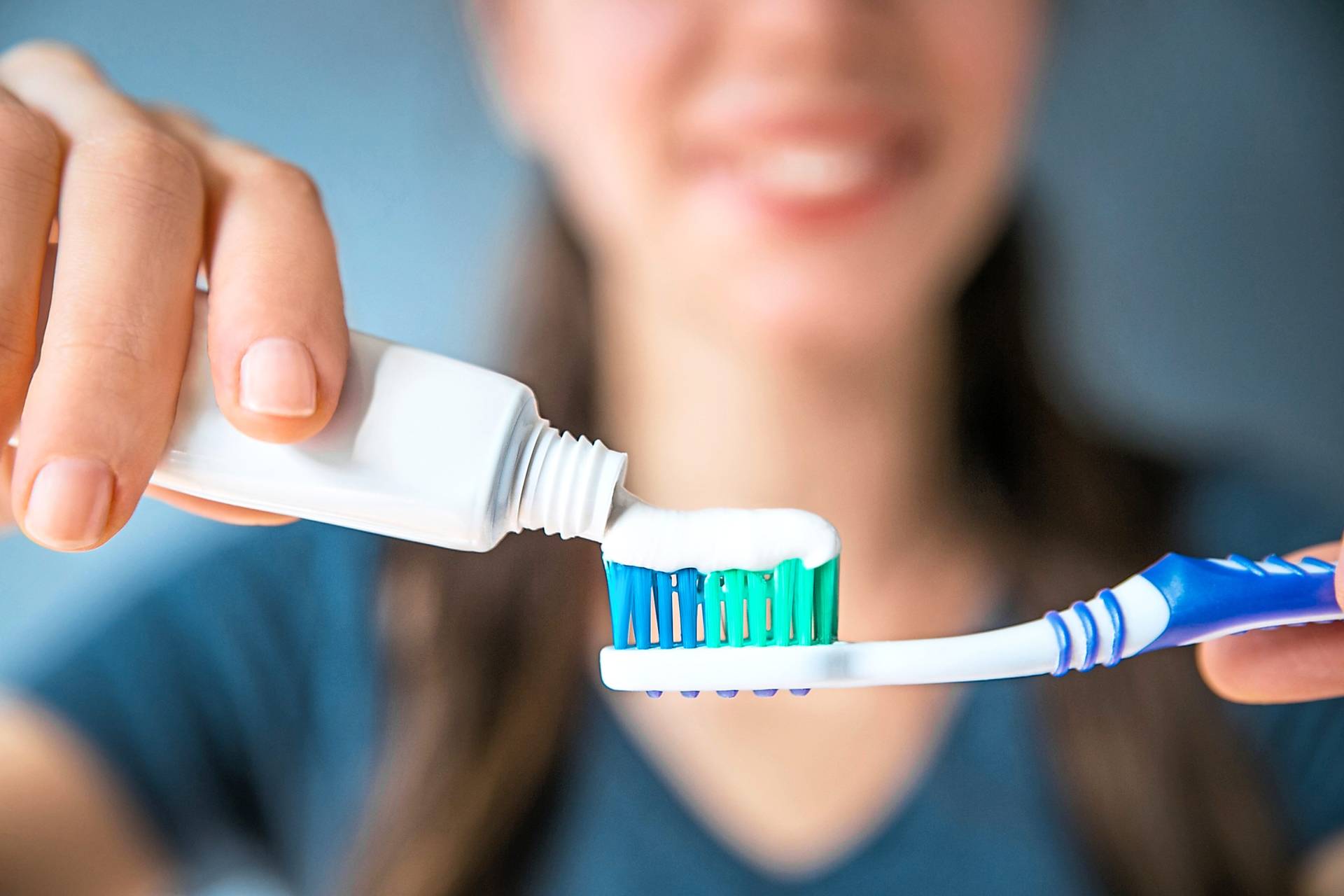
The first thing we normally do when waking up in the morning is to brush our teeth and then take a shower. You may think that brushing in the morning may suffice to maintain your teeth throughout the day, but in reality, it’s the opposite.
According to Dental Associates, if we don’t brush out teeth at night before going to sleep, those food particles will sit on our teeth all night and contribute to tooth decay over time. Plaque contains millions of bacteria and it is constantly formed on your teeth after eating, and this may cause gum problems that can lead to tooth loss.
Same goes to if you’re the type who only brush your teeth at night, it’s also equally important to do it in the morning as it helps fight decay and eliminate bad breath. This is why dentists recommend you to brush your teeth at least twice a day for three minutes .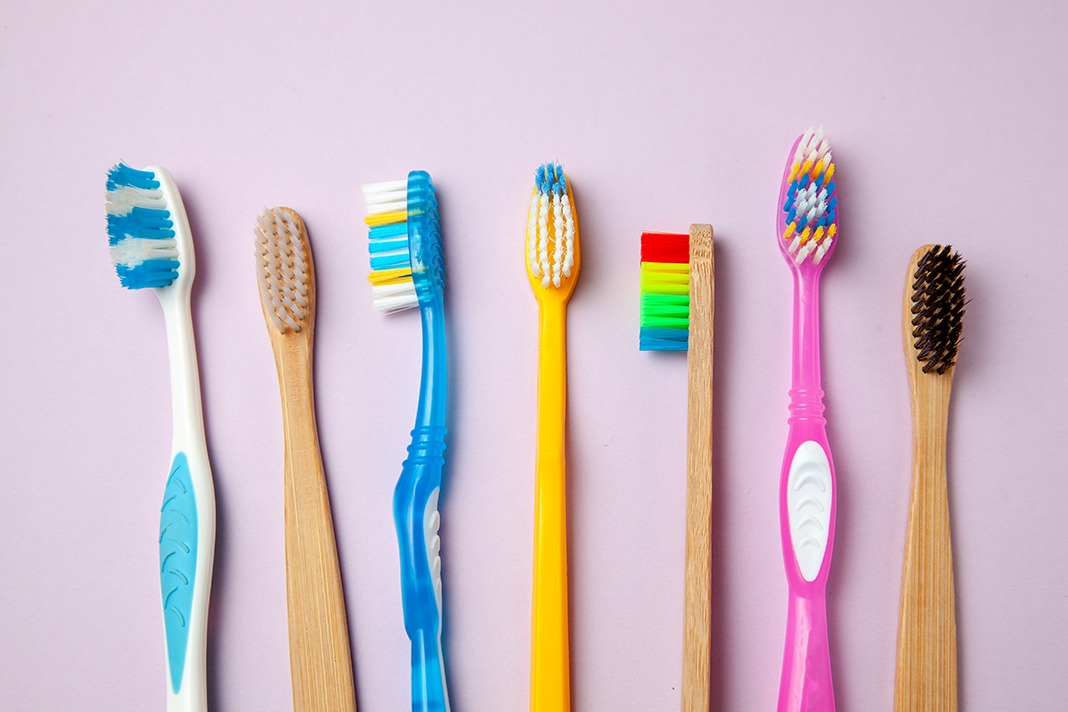
How do you normally shop for your toothbrush? Some may prefer soft bristles, some medium, and some hard. But did you know that it is extremely crucial to choose the right toothbrush that suits you?
As a general rule, dentists recommend choosing a toothbrush with soft bristles, instead of one considered hard or even medium. If you have sensitive teeth and signs of enamel erosion, your dentist might even suggest a brush with extra-soft bristles.
Soft and thin bristles are generally more effective and works best for anyone with any kind of oral issues. The finer the bristles, the more effective it can help get rid of dirt between your teeth. This type of bristles also reduces the chances of you damaging your gums.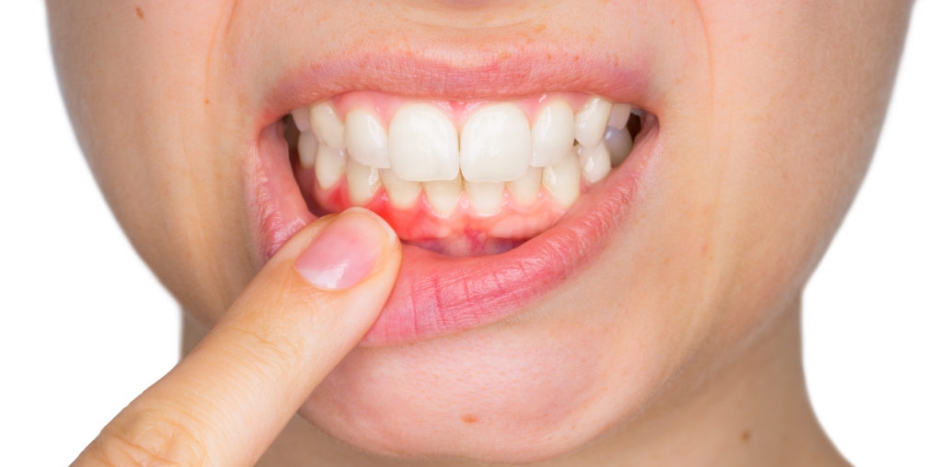
How many of you experience bleeding gums whenever you brush your teeth? Some may experience it frequently, some only a handful of times throughout their lifetime. You may brush it off (pun unintended) thinking it’s something common that everyone goes through, but it’s actually not.
Bleeding gums is one of the first signs of gum disease such as gingivitis. Gingivitis happens when there is a build up of plaque along the gum line. If left untreated, it can lead to a more acute gum disease – periodontitis, which may put you at risk of losing your teeth – forever. This however, can be prevented with correct brushing and regular dental checkups.
Besides bleeding gums, you should be on the look out for other symptoms such as red, swollen gums, pus between teeth and gums, extremely bad breath, and receding gums as a sign of gum disease.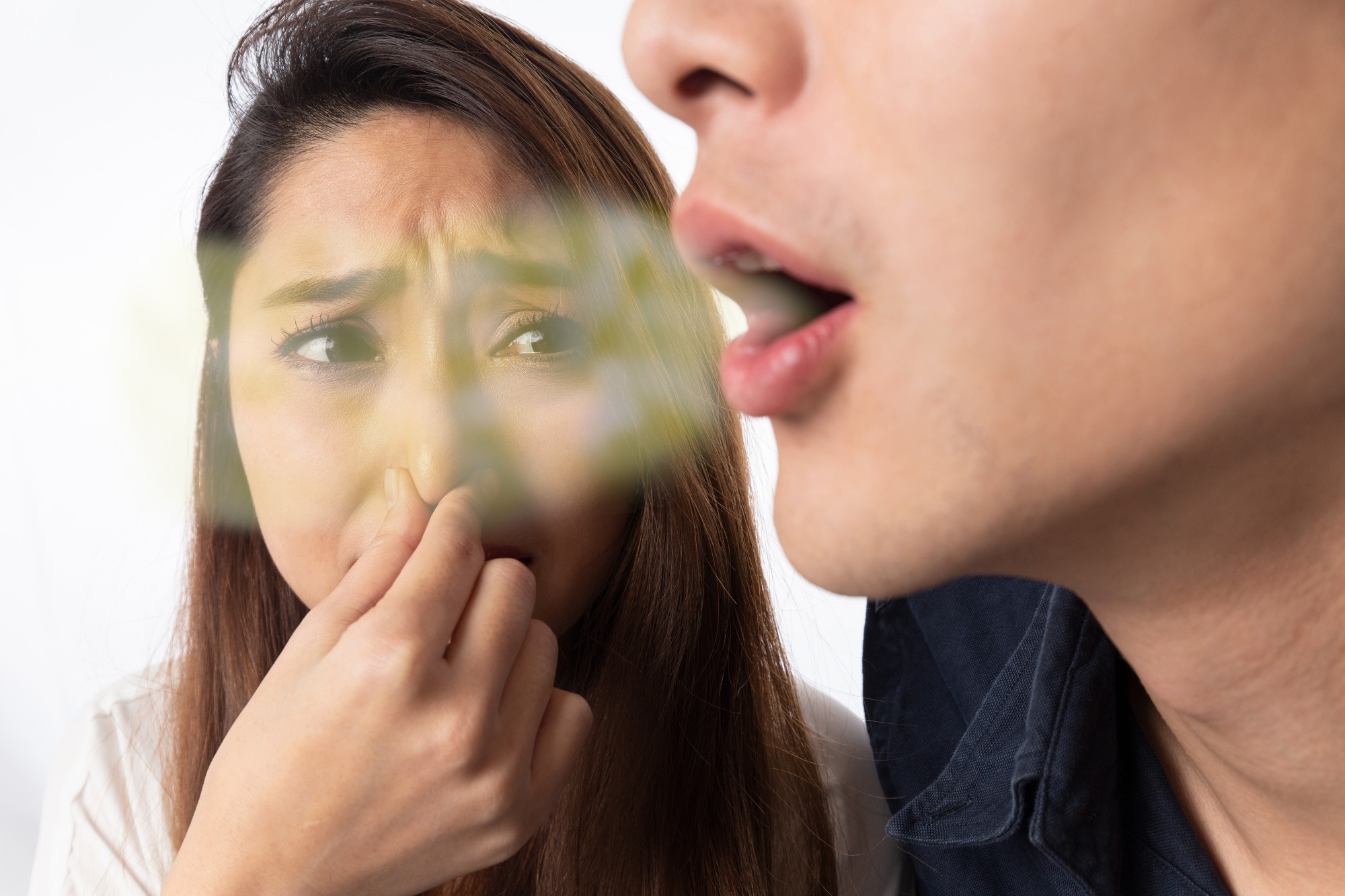
Bad breath is normally due to poor dental health habits and may be a sign of gum disease. Poor dental health means you don’t brush/floss daily, food particles that remain in your mouth promoting bacteria growth and cause bad breath.
Bacteria breaks down food particles trapped in the teeth or mouth. The combination of the bacteria and decaying food in your mouth produces an unpleasant odor. Brushing and flossing regularly removes trapped food before it decays.
Brushing also removes plaque, a sticky substance that builds up on your teeth and causes odor. Plaque buildup can cause cavities and periodontal disease. Bad breath also can be a problem if you wear dentures and don’t clean them every night.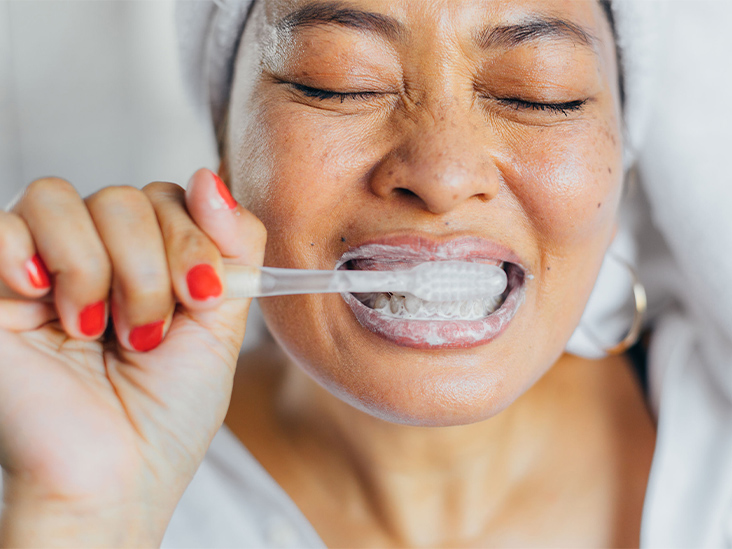
Unfortunately, that's not the case. What it does is it actually causes damage for your teeth and your gums if you brush too hard, especially if you used a medium or a hard bristle toothbrush.
As you brush too hard, your gums will recede away. So the gums will pull away from the tooth, which exposes the root, which is the sensitive part of your tooth. And as you keep brushing away, that root starts to wear down, losing the enamel and the root surfaces on those teeth.
Now, in very, very, severe cases, this process can keep happening, keep brushing away the tooth and actually lead to the exposure of the nerve, which can be very, very painful. Simple solution, guys, use a soft toothbrush. Use a very soft, gentle motion for brushing your teeth. Brush twice a day, brush thoroughly, but make sure you’re being gentle with your teeth.
Now that you’ve gone through the list, do you realize the mistakes you’ve been making your entire life? Well, it’s not too late to correct them.
If the first step you’re taking is to change your toothbrush, make sure you find one that is strong yet gentle, clean, efficient and one that can also get into hard-to-reach areas for superior plaque removal.
You should get yourself a Systema toothbrush! A toothbrush for every mouth from Lion Japan with 0.02mm soft bristles for superior plaque removal.
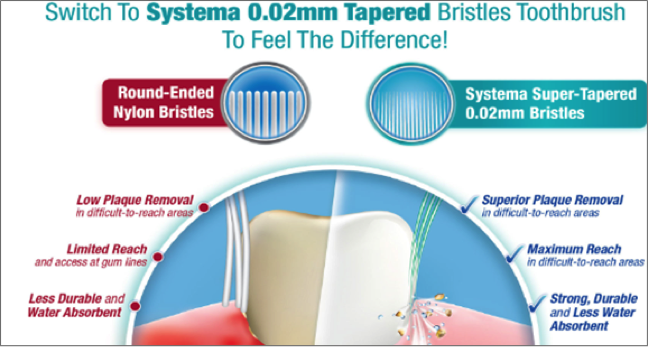
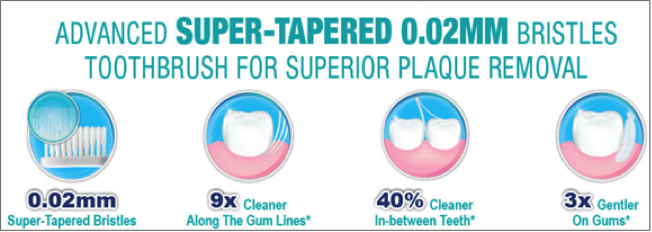
Switch to Systema today and you will definitely fall in love after your first brush!
Choose your right toothbrush at www.loveatfirstbrush.com!
Do you really care about your oral care and are you sure what you’re doing is right?
Some of you may think that you’ve been brushing your teeth correctly all these years, but has it ever occurred to you that what you thought you’ve been doing right might just be a myth?
Here are five myths about oral care that are wrong:
#1 Brushing Your Teeth In The Morning Is Enough

The first thing we normally do when waking up in the morning is to brush our teeth and then take a shower. You may think that brushing in the morning may suffice to maintain your teeth throughout the day, but in reality, it’s the opposite.
According to Dental Associates, if we don’t brush out teeth at night before going to sleep, those food particles will sit on our teeth all night and contribute to tooth decay over time. Plaque contains millions of bacteria and it is constantly formed on your teeth after eating, and this may cause gum problems that can lead to tooth loss.
Same goes to if you’re the type who only brush your teeth at night, it’s also equally important to do it in the morning as it helps fight decay and eliminate bad breath. This is why dentists recommend you to brush your teeth at least twice a day for three minutes .
#2 It Doesn’t Matter What Type And Size Of Toothbrush You Are Using

How do you normally shop for your toothbrush? Some may prefer soft bristles, some medium, and some hard. But did you know that it is extremely crucial to choose the right toothbrush that suits you?
As a general rule, dentists recommend choosing a toothbrush with soft bristles, instead of one considered hard or even medium. If you have sensitive teeth and signs of enamel erosion, your dentist might even suggest a brush with extra-soft bristles.
Soft and thin bristles are generally more effective and works best for anyone with any kind of oral issues. The finer the bristles, the more effective it can help get rid of dirt between your teeth. This type of bristles also reduces the chances of you damaging your gums.
#3 Bleeding Gums Are Normal

How many of you experience bleeding gums whenever you brush your teeth? Some may experience it frequently, some only a handful of times throughout their lifetime. You may brush it off (pun unintended) thinking it’s something common that everyone goes through, but it’s actually not.
Bleeding gums is one of the first signs of gum disease such as gingivitis. Gingivitis happens when there is a build up of plaque along the gum line. If left untreated, it can lead to a more acute gum disease – periodontitis, which may put you at risk of losing your teeth – forever. This however, can be prevented with correct brushing and regular dental checkups.
Besides bleeding gums, you should be on the look out for other symptoms such as red, swollen gums, pus between teeth and gums, extremely bad breath, and receding gums as a sign of gum disease.
#4 Bad Breath Is Likely Caused By Heatiness Or Not Drinking Enough Water

Bad breath is normally due to poor dental health habits and may be a sign of gum disease. Poor dental health means you don’t brush/floss daily, food particles that remain in your mouth promoting bacteria growth and cause bad breath.
Bacteria breaks down food particles trapped in the teeth or mouth. The combination of the bacteria and decaying food in your mouth produces an unpleasant odor. Brushing and flossing regularly removes trapped food before it decays.
Brushing also removes plaque, a sticky substance that builds up on your teeth and causes odor. Plaque buildup can cause cavities and periodontal disease. Bad breath also can be a problem if you wear dentures and don’t clean them every night.
#5 The Harder You Brush, The Cleaner Your Teeth Are

Unfortunately, that's not the case. What it does is it actually causes damage for your teeth and your gums if you brush too hard, especially if you used a medium or a hard bristle toothbrush.
As you brush too hard, your gums will recede away. So the gums will pull away from the tooth, which exposes the root, which is the sensitive part of your tooth. And as you keep brushing away, that root starts to wear down, losing the enamel and the root surfaces on those teeth.
Now, in very, very, severe cases, this process can keep happening, keep brushing away the tooth and actually lead to the exposure of the nerve, which can be very, very painful. Simple solution, guys, use a soft toothbrush. Use a very soft, gentle motion for brushing your teeth. Brush twice a day, brush thoroughly, but make sure you’re being gentle with your teeth.
Now that you’ve gone through the list, do you realize the mistakes you’ve been making your entire life? Well, it’s not too late to correct them.
If the first step you’re taking is to change your toothbrush, make sure you find one that is strong yet gentle, clean, efficient and one that can also get into hard-to-reach areas for superior plaque removal.
You should get yourself a Systema toothbrush! A toothbrush for every mouth from Lion Japan with 0.02mm soft bristles for superior plaque removal.


Switch to Systema today and you will definitely fall in love after your first brush!
Choose your right toothbrush at www.loveatfirstbrush.com!






